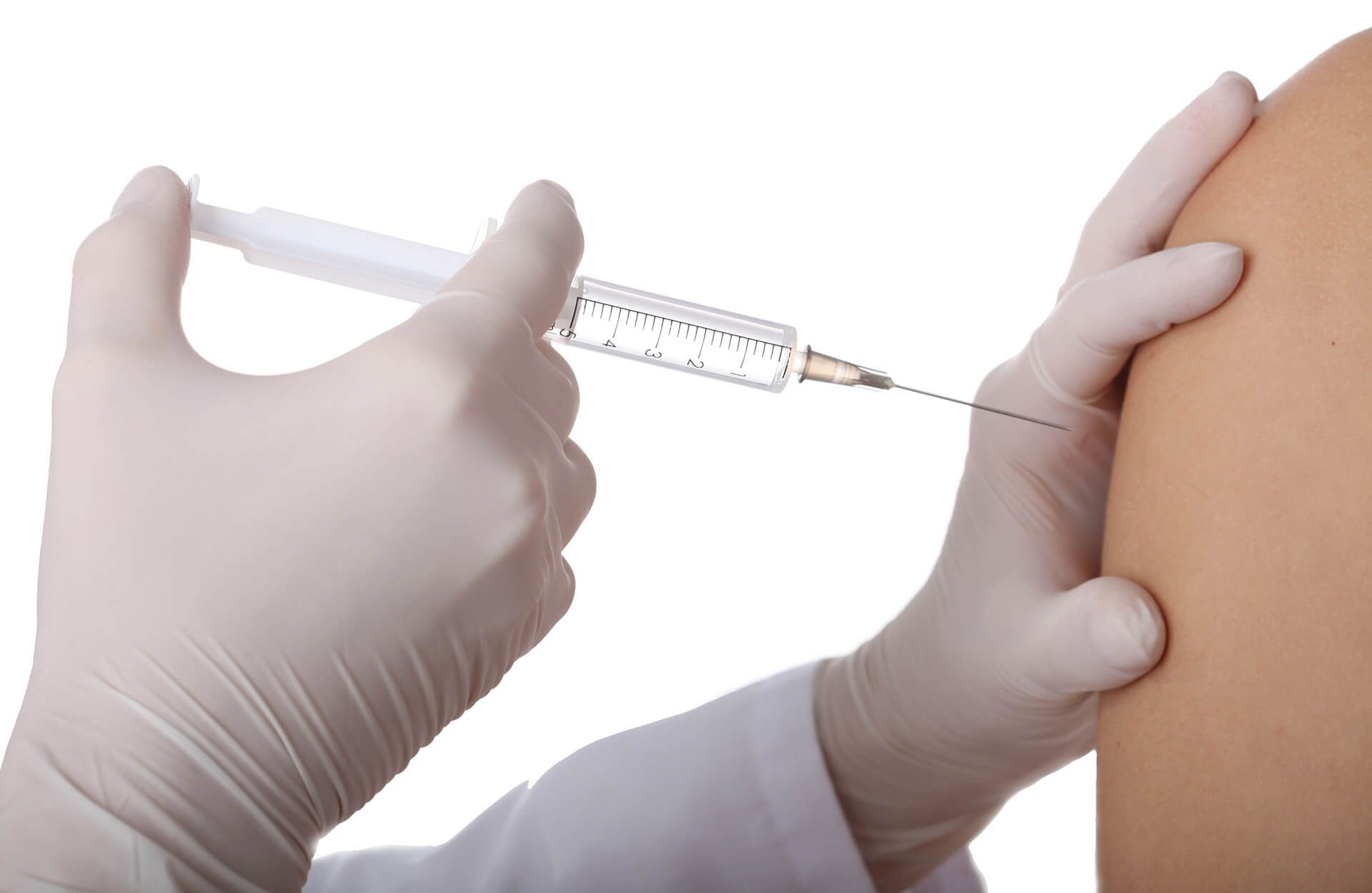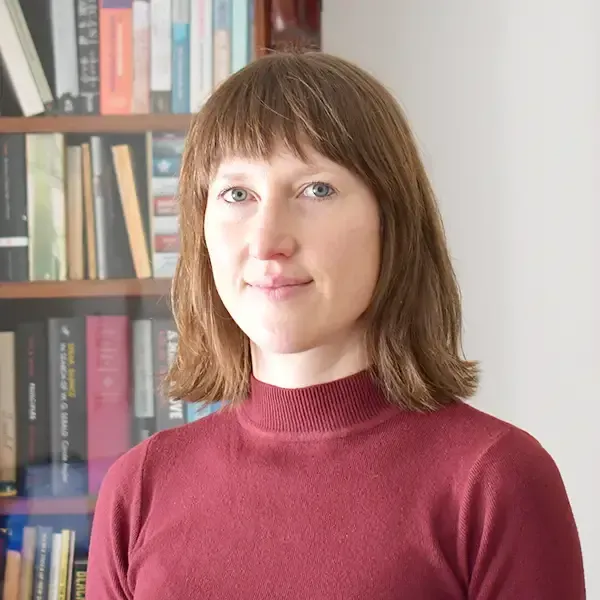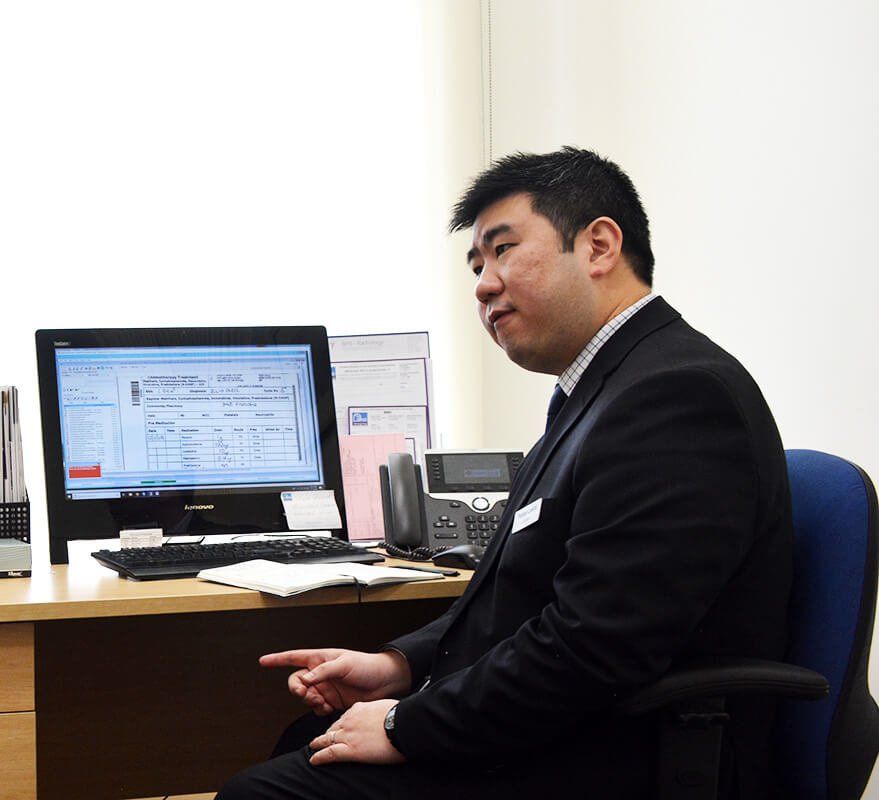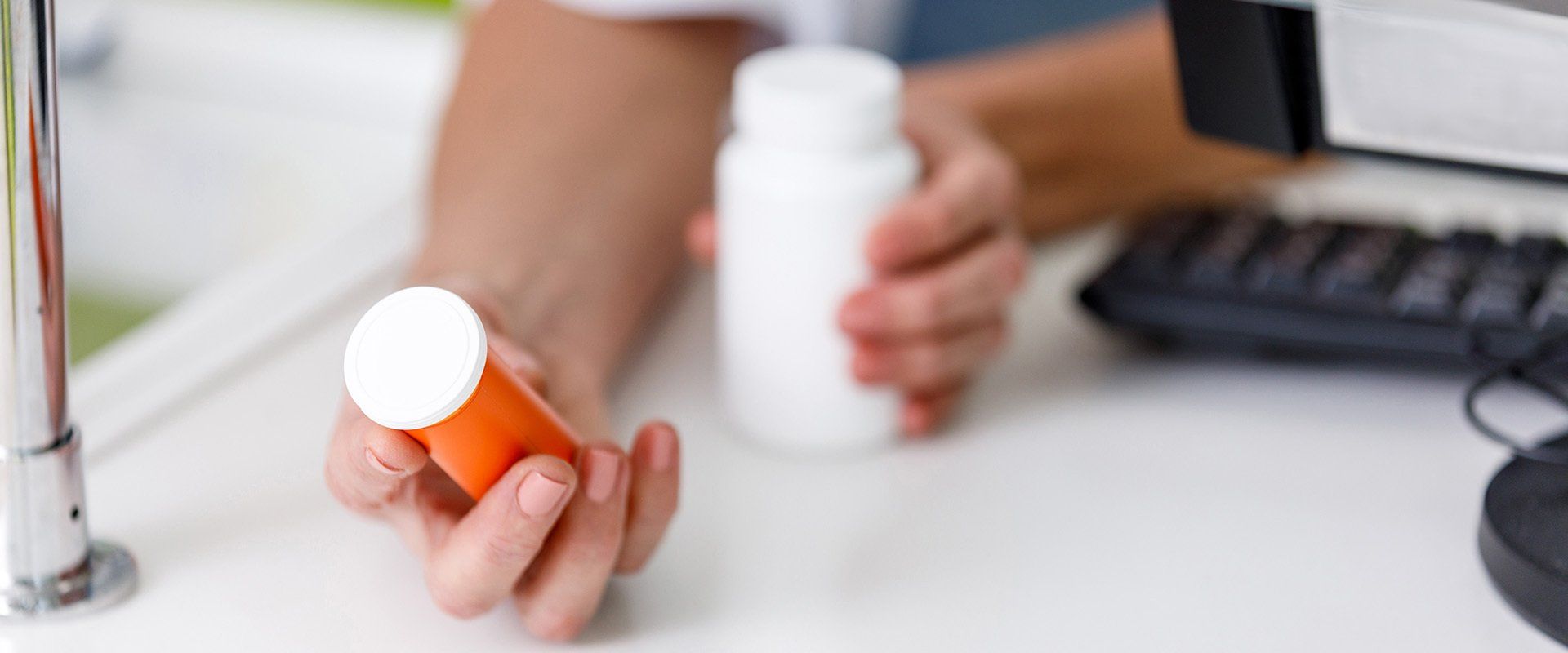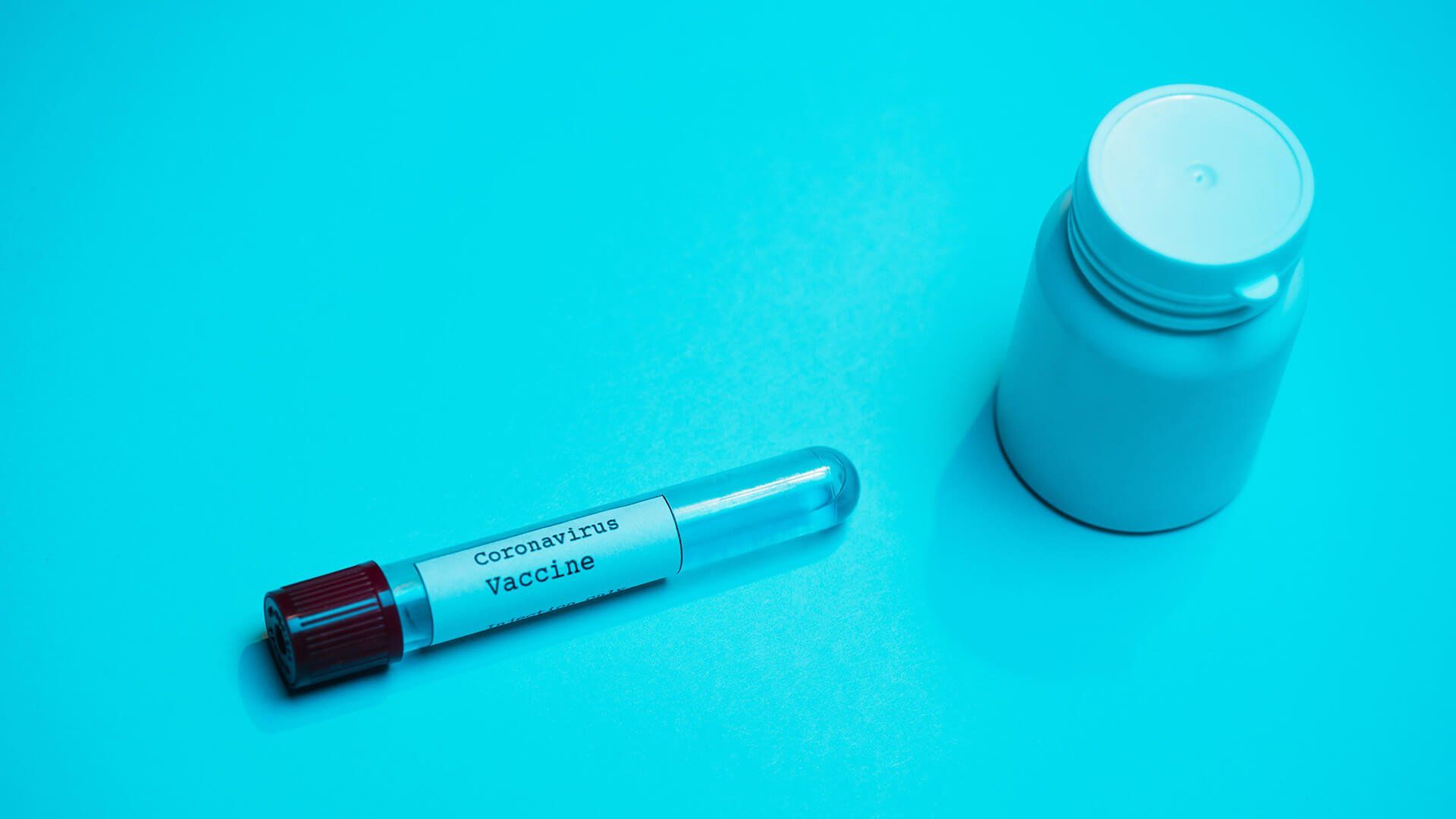Blood specialist, Dr. Pohan Lukito, answers frequently asked question regarding blood clot disorder and long distance car-travel.
Disclaimer: Advice given in this article is generic and may not apply to your specific situation – please consult your GP or blood specialist if you require further specific advice
Question:
I have history of blood clot in my leg many years ago, and I am about to drive up to see my family in Sydney. Do I have any risks of developing blood clots during/after travel? What can I do to minimize these risks?
Answer:
The risk of developing blood clot during long haul travel (>6 hours, can be by plane/car/train) is low. However, this risk could be increased if one has additional risk factors for blood clot; for example older age, obesity, recent surgery or immobilization, oral contraceptive pill, active cancer, smoking, strong family history and previous history of blood clot(s).
Blood clot develops in the legs (deep vein thrombosis) due to immobility for prolonged period during travel causing pooling of blood in the leg veins. This is often in combination with dehydration and being in high altitude (in the case of flying), however, the risk may also be applicable for long-haul car travel. In theory, short duration travels have very low risk of blood clots, and require no specific precautions.
To minimize the risks, the following recommendation is useful for most travellers:
Picturpicture from all-free-download.com
- Drink plenty of (non alcoholic) fluid
- Regularly moving ankles/massage calves
- Break up the car trip by doing regular stops every few hours to stretch your legs
- Be vigilant about the symptoms of clot in the legs or lungs – swelling/discomfort in calves, unusual shortness of breath or chest pain
- Compression stockings can be used to reduce swelling in the legs
For those with previous history of blood clot and additional risk factors above, but not currently on any blood thinner – it may be appropriate to consider covering themselves with low dose blood thinner such as Clexane, Xarelto and Eliquis (note: Xarelto and Eliquis use in this context is off-label). One approach is to take the low dose blood thinner starting on the day of travel for 72 hours, and then do the same thing again on travel back home, recognizing the lack of evidence in this area and low bleeding risk in taking blood thinners.
It is important to consider symptoms of blood clot even when one has returned home, as blood clot can still develop for up to 2-4 weeks following long haul travel.
Please consult your doctor/specialist if you have any of these symptoms, or more questions about this topic.

